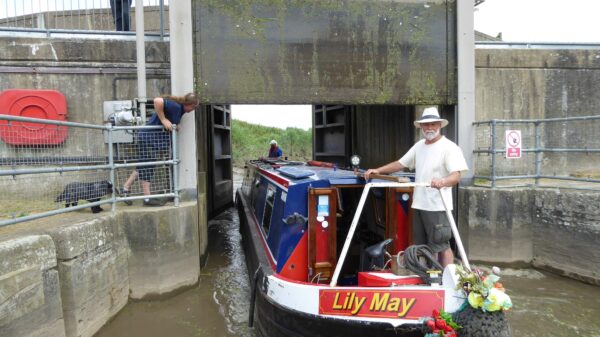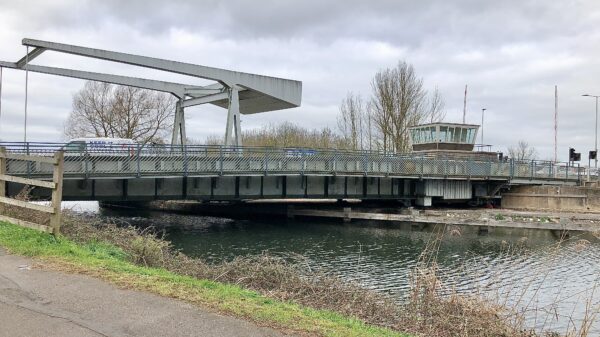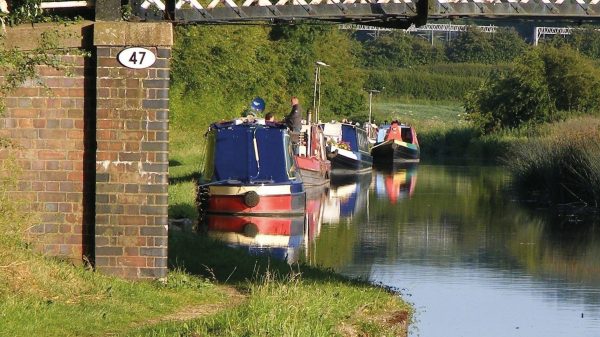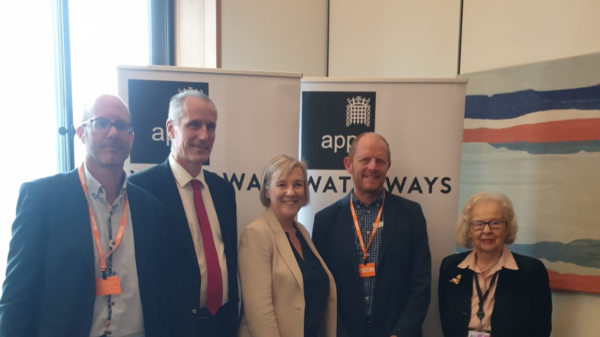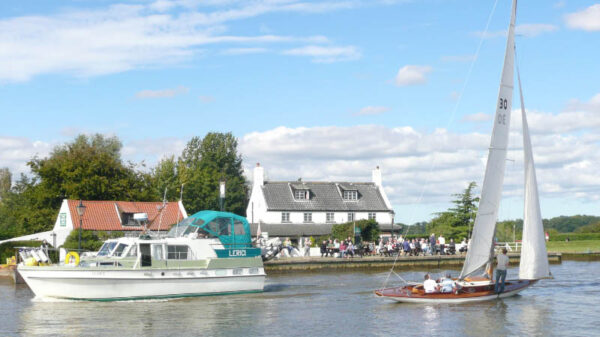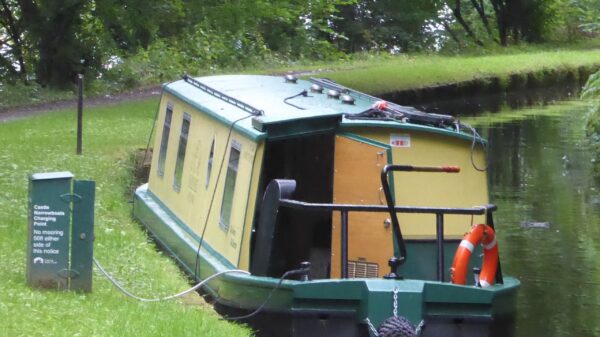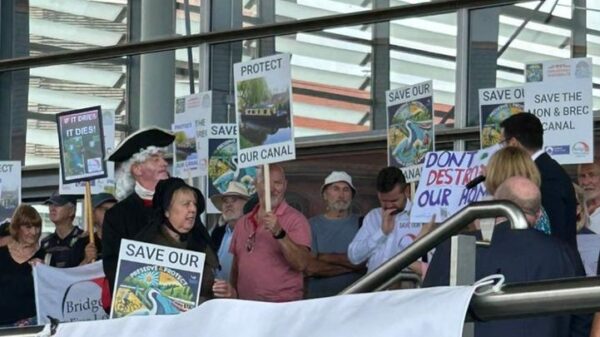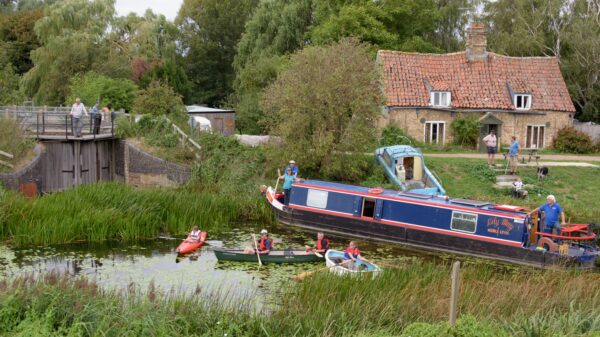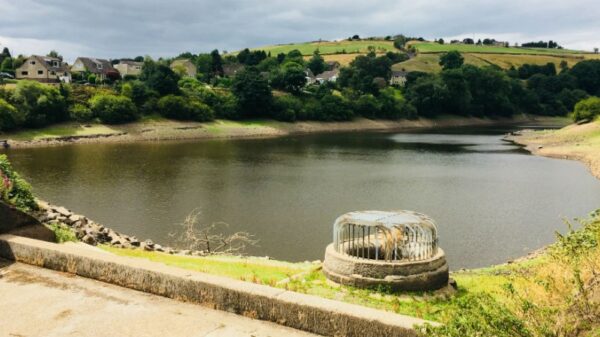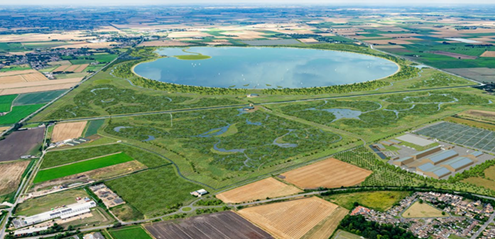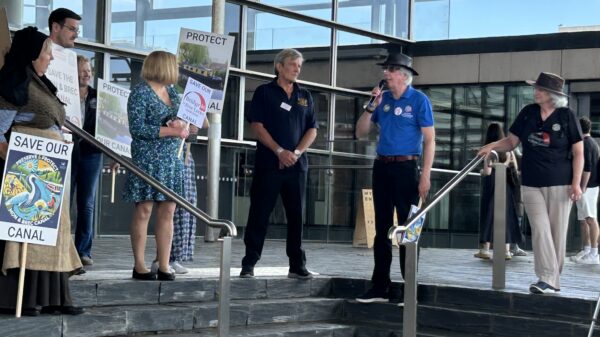The Group’s objective is to make ‘subsidised’ HVO readily available, at an affordable price to ALL recreational boaters and not just limited to the inland waterways (Category A, B and non-tidal Category C waters, as designated by Marine Shipping Notice No 137) – as is currently the case. At present craft operating in tidal waters cannot benefit from Road Transport Fuel Certificates (RTFCs) two of which are applied to every litre of HVO sold to qualifying craft. Their value varies but they are currently worth £0.17 each, so a litre of HVO effectively attracts ‘subsidy’ of £0.34.
Volatility in pricing is a real concern and does nothing to encourage boatyards and marinas to stock the fuel. In early April 2024, the wholesale price of HVO was only £0.12 (12%) greater than gas oil (red diesel) per litre, but by early May that differential was more like 50%. This is believed to be largely down to fluctuations in commodity markets as fuel prices themselves vary, alongside the raw materials (or feedstock) which are quite separately governed by the agricultural commodity market.
Manipulating the value of an RTFC would, in theory, represent a government ‘device’ for controlling this volatility but with their current low value there is limited room for (pricing) manoeuvre. Two years ago an RTFC was worth £0.42 so, with an effective subsidy of £0.84 attached to each litre of HVO sold, there was ample room to make an external impact. Those in the fuel industry are therefore suggesting that the time has come to revisit Hydrocarbon Oil Duties Act 1979 – the Act that laid down our current fuel duty mechanisms: https://www.gov.uk/hmrc-internal-manuals/oils-technical-manual/hcoteg31000.
The HVO Joint Working Group is currently building a case for RTFC application to all recreational boating around demonstrating that the consumption of diesel fuel (and potentially, HVO should it be made affordable) is extremely small and will therefore have little effect on revenue for HMRC. In addition, we are pointing out that this sector has few other alternatives to decarbonising as the biofuels allocated to both the Coastal and Deep Sea Maritime sectors are inappropriate for recreational boat users.
Furthermore, the sea-going recreational sector depends upon reliable fuelling of their diesel engines, which may well still have a long life ahead of them, making scrapping an environmentally undesirable, unrealistic and an extremely expensive option. The emphasis on ‘reliable’ being a reference to problems with ‘diesel bug’ (and associated mechanical issues) exacerbated by the FAME content of mineral diesel on sale in marinas and boatyards.
HVO sold in the UK is currently supplied by Neste and manufactured in Rotterdam. It is shipped to Stanlow (supplying Crown Oil and it’s agents and subsidiaries) and to Dagenham from where it is distributed by Certas. It has been mooted that with the refinery element of Grangemouth closing down, Neste (or one of its competitors) should be encouraged to establish an UK HVO manufacturing plant on the site.
Finally, taking the bigger picture, the limiting of RTFC-eligibility to vessels plying Category A, B and non-tidal Category C waters is having a negative environmental impact on commercial carrying on the inland waterways, where many craft are transporting bulk cargoes, on tidal rivers into UK towns and cities, where air quality is at a premium. The Rivers Thames and Medway being good examples as, indeed, could be the Rivers Clyde and Tay.
Not only is HVO 90% carbon neutral, it’s polluting nitrogen oxides and particulate emissions are substantially reduced, so there are consequently significant health benefits (apart from the obvious carbon reduction) to be gained where water-borne traffic interfaces with dense populations.
The Department for Transport has told IWA that it intends to put out a Call for Evidence around maritime biofuel use, but as yet the Department has offered no time scales. To this end, the Group’s energies are predominantly focused on establishing usage data and general fact gathering in the belief that further, individual approaches to the Department, will only be referred to this upcoming consultation process.
For more information about Biofuels and HVO, see our Sustainable Boating pages
[The title photo shows historic working boat ‘Spey’ using HVO – by Jonathan Mosse]

